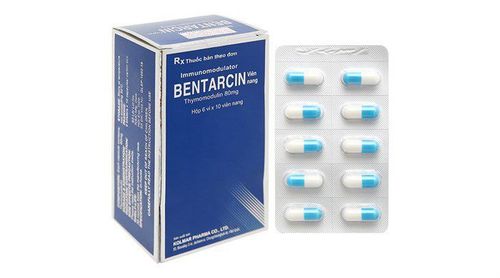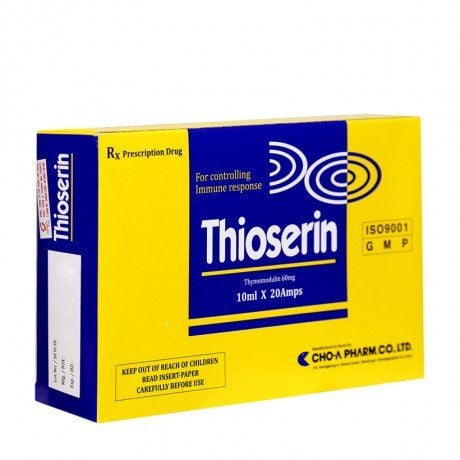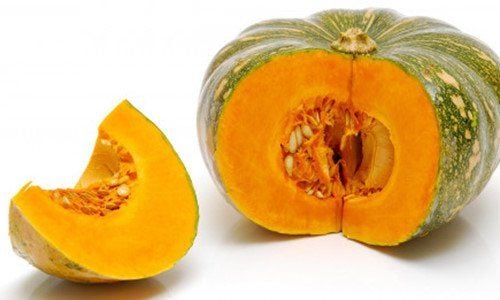This is an automatically translated article.
Pumpkin is a food that is loved by many people. But is it healthy? What is the nutritional value of pumpkin and what are the benefits?1. What is a pumpkin?
Pumpkin (pumpkin) is a type of squash that belongs to the same plant family as cucumbers and melons. Technically, this is a fruit because it contains the seed. But nutritionally, it's like a vegetable. Pumpkins are usually round and orange in color, although the size, shape, and color can vary depending on the variety. They have a thick, smooth, and ribbed outer shell. The inside is hollow, except for the ivory colored beads covered with string meat.2. Nutritional value of pumpkin
Pumpkin is a very nutrient-dense food, packed with vitamins and minerals, and relatively low in calories. One cup of cooked pumpkin provides:Calories: 49 Carbs: 12 grams Fiber: 3 grams Protein: 2 grams Vitamin K: 49% RDI Vitamin C: 19% RDI Potassium: 16% RDI Copper, manganese and riboflavin: 11 % RDI Vitamin E : 10% RDI Iron : 8% RDI Folate: 6% RDI Niacin, pantothenic acid, vitamin B6 and thiamin: 5% RDI Pumpkin contains high amounts of beta-carotene, a powerful antioxidant. Beta-carotene is a type of carotene that metabolizes vitamin A in the body.
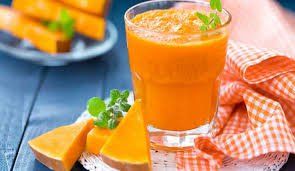
Bí ngô rất giàu chất dinh dưỡng, chứa rất nhiều vitamin
3. Great Health Benefits of Pumpkin
Most of the health benefits of pumpkin come from its micronutrient content and the fact that it is a low fiber fruit. Here are the benefits of pumpkin:3.1 Boosts Immune System Pumpkin provides a huge amount of beta-carotene, which is partially converted into vitamin A. Vitamin A can help the body fight infections. coincide. Recent research has shown that vitamin A is particularly important for strengthening the intestinal lining, making it more resistant to infection. Other micronutrients in pumpkin also help boost immunity, including vitamins C and E, iron, and folate.
Studies also show that vitamin A can boost the immune system and help fight infections. In contrast, people with vitamin A deficiency may have weaker immune systems. Pumpkin is also high in vitamin C, which has been shown to increase the production of white blood cells, which helps immune cells work more efficiently and makes wounds heal faster.
3.2 Promote Eye Health There are a few ways that pumpkins are good for your eyes. First, it's rich in beta-carotene, which helps keep your vision sharp by helping the retina to absorb light. Second, the combination of other vitamins and minerals in pumpkin may protect against age-related macular degeneration.
Vitamin A, Lutein and Zeaxanthin can protect eyesight. It is quite common for vision to decline with age. Fortunately, eating the right nutrients can reduce the risk of vision loss. Pumpkin is packed with nutrients that have been linked to strong eyesight as your body ages. For example, the beta-carotene content provides your body with vitamin A.
Pumpkin is also one of the good sources of lutein and zeaxanthin, two compounds that have been linked to the risk of age-related macular degeneration. (AMD) and cataracts. In addition, it contains a good amount of vitamins C and E, which function as antioxidants and can prevent free radicals from damaging eye cells.
3.3 Supports a Healthy Skin The antioxidants found in pumpkin are important for skin health. These include beta-carotene and vitamins C and E. Beta-carotene, in particular, can protect your skin from damaging UV rays from the sun.
Studies show that carotenes like beta-carotene can act as a natural sunscreen. Once ingested, carotenoids are transported to various organs including the skin. Here, they help protect skin cells against the effects of harmful UV rays. Pumpkin is also high in vitamin C, which is essential for healthy skin. The body needs this vitamin to make collagen, a protein that keeps skin healthy. Furthermore, pumpkin contains lutein, zeaxanthin, vitamin E, and many other antioxidants that have been shown to help boost skin's defenses.
3.4 Promotes heart health Eating fruits and vegetables is generally good for the heart. What's more, pumpkin has specific nutrients that are good for heart health. The fiber, vitamin C and potassium it contains can help improve blood pressure and cholesterol levels.
Pumpkin is high in potassium, vitamin C, and fiber, which have been linked to heart benefits. Pumpkin is also high in antioxidants, which can protect bad LDL cholesterol from oxidizing. When LDL cholesterol particles are oxidized, they can clot along the walls of blood vessels, which can constrict blood vessels and increase the risk of heart disease.
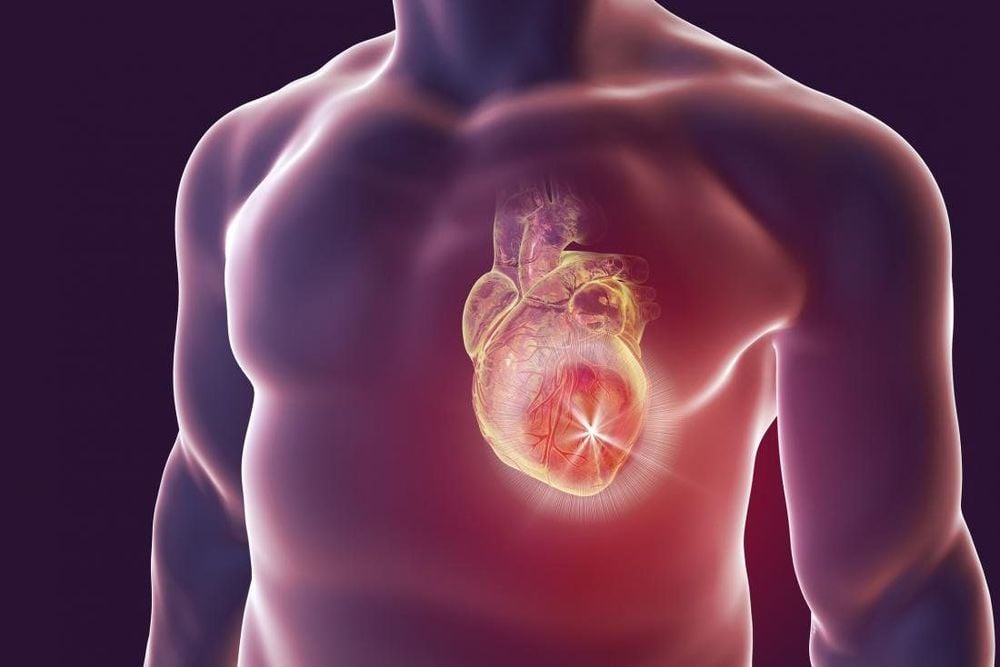
Chất xơ, vitamin C và kali có trong bí ngô có thể giúp cải thiện huyết áp
3.6 High antioxidant content can reduce the risk of chronic diseases Free radicals are molecules produced by metabolism in the body. Although unstable, they have an important role in killing harmful bacteria. However, excessive free radicals in the body create a state called oxidative stress, which is linked to chronic diseases, including heart disease and cancer.
Pumpkin contains antioxidants, such as alpha-carotene, beta-carotene and beta-cryptoxanthin. They can neutralize free radicals, preventing them from damaging cells.
The antioxidants present in pumpkin can reduce the risk of cancer. Cancer cells produce free radicals to help them multiply rapidly. Pumpkin is high in carotenoids, which are compounds that can act as antioxidants. This allows for the neutralization of free radicals, which may protect against some cancers.
3.7 High nutrient density and low calories can promote weight loss Pumpkin is considered a nutrient-dense food. That means it is very low in calories despite being rich in nutrients. Simply put, pumpkin is an ideal food for weight loss because you can use more of it than other carb sources - such as rice and potatoes - and still absorb fewer calories. Furthermore, pumpkin is a good source of fiber, which can help curb your appetite.
4. Pumpkin is easy to add to the diet
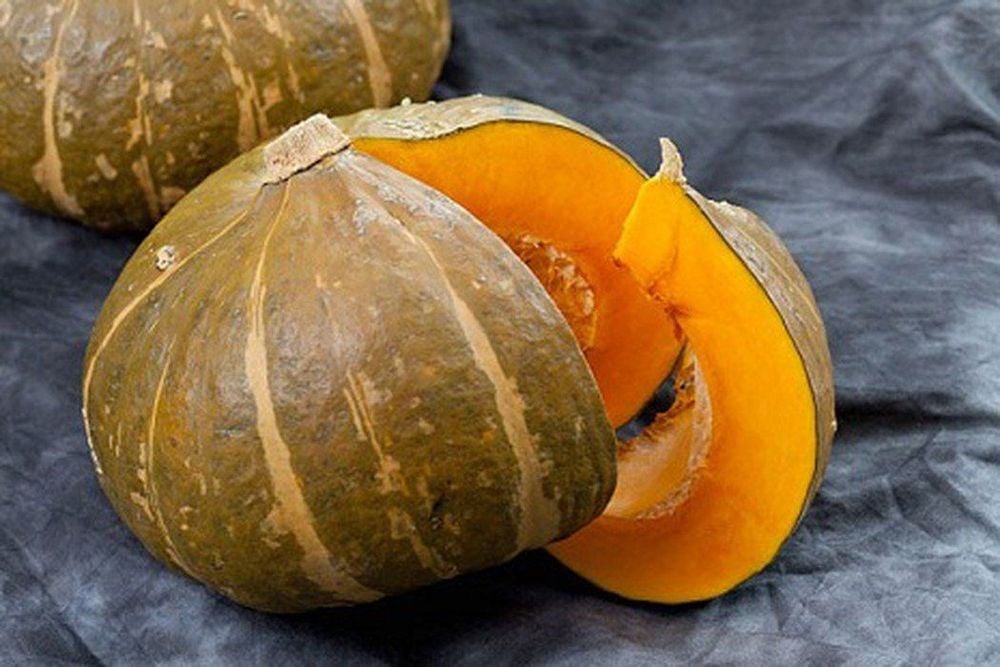
Bí ngô rất ngon, đa năng và dễ dàng để thêm vào chế độ ăn uống
Pumpkin has a thick skin that is difficult to prepare. The seeds are also edible and packed with nutrients that provide many other benefits. For example, pumpkin seeds may improve bladder and heart health. The easiest way to eat pumpkin is to season with salt and pepper and bake in the oven. Many people also like to make it into pumpkin soup, especially during the winter.
Pumpkin is rich in vitamins, minerals and antioxidants, good for health. Moreover, the low calorie content is very good for weight loss. Its nutrients and antioxidants help boost the immune system, protect vision, reduce the risk of certain cancers, and promote heart and skin health. Pumpkin is versatile and easy to add to your diet in both sweet and savory dishes. Try incorporating pumpkin into your diet today to reap its health benefits.
To understand whether your body has enough nutrients or not, you should have regular health checkups to adjust your diet properly. Currently, Vinmec International General Hospital has general health checkup packages suitable for each age, gender and individual needs of customers with a reasonable price policy, including:
Health checkup package diamond general health check-up package Vip special health check-up package Comprehensive general health check-up package Standard general health check-up package Patient's examination results will be returned to your home. After receiving the results of the general health examination, if you detect diseases that require intensive examination and treatment, you can use services from other specialties at the Hospital with quality treatment and services. outstanding customer service.
Please dial HOTLINE for more information or register for an appointment HERE. Download MyVinmec app to make appointments faster and to manage your bookings easily.
Reference source: healthline.com



